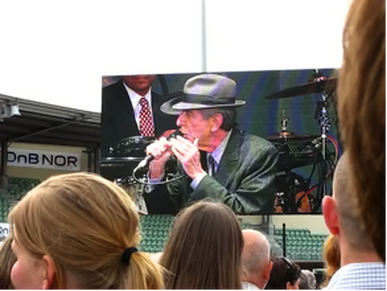
The Old are not Wasted on the Young: Leonard Cohen in Oslo
“Care to go to a concert?” I was asked by one of the Havards (many Norwegians have this name which is kind of confusing sometimes).
“Who is playing,” I asked – skeptical but interested: 1) to see who Havard liked and 2) to see who played in sleepy little Oslo.
“Leonard Cohen,” he responded.
I was like, “the off-beat, crooner from the 1960’s with the golden voice?”
Havard was like, “one and the same. He has a show tonight and tickets are available.”
“He’s still playing music,” I asked – innocently enough.
“Of course,” he replied, “he’s one of the most popular singers in Oslo.
This I could not believe. “You’re kidding, right?”
“No, not at all,” he said quite earnestly. Norwegians don’t lie.
We then rushed to get tickets at the post office. Don’t ask, different story and when I got up to the counter, I paid my $102 for my ticket. Now, I’m not quite sure of the price for one of the first rules of having a good time in Oslo is that you never, ever convert local prices to dollars: it’s just too depressing and psychologically draining (immediately one cascades into “how can anyone live here,” “who can afford this,” “why has the American dollar dropped so much,” and then about 15 minutes later you come out of it).
Tickets in hand, Havard 1, Havard 5, R, Cy and myself went to the concert. At first glance, on the tram ride past the crowd, I saw that Havard was not lying. I mentioned that Norwegians were truthful, right? The crowd went on – seemingly forever, winding in and out of the cobblestone streets, into/around alleyways and far, far away from the outdoor stadium. The crowd was shocking not only because of its size but also for its age. I could not believe the range. You had the older crowd (60+’s) but you also had teenagers (not with their parents or grandparents), twentysomethings and everything in between. To be honest, I was expecting an older crowd or for them to be in the majority and an indoor venue. But there was no majority. The distribution was almost proportional (perfectly balanced) – like everything else in Oslo.
Once inside and even through the warm-up act, all I could was watch the crowd.
“How do the young people know about Leonard Cohen,” I asked.
“They play him all the time,” I was told.
“On the radio… regular stations,” I probed.
“Yes, of course. All over the air waves.”
I thought that this could not be true. Leonard Cohen was an acquired taste in the U.S.; hell, if he had not been in the film Natural Born Killers (singing), most under 45 would never have heard of him. He was Canadian afterall. But this was immediately confirmed as the increasingly liquored up crowd sang song after song after song with/to/for Cohen. They totally knew and got the man. They felt his pain (as he bent forward to croon), long for his love, squealed with delight at every turn of phrase, tilt of hat, which Cohen delivered with grace, dignity, style and likely a little hair of the dog.
The show was truly phenomenal in its depth, showpersonship and finesse – somewhere between Robert Plant meets David Bowie meets Frank Sinatra. At some point, I realized that I could not even imagine seeing him in the states – at least not like this. There were no explosions, no breakdancers, no snakes, no naked breasts, no 50-person marching band, no video clips of random violence, no rockets, no red glare. Just mellowness. His soothing voice, some relaxed music, the coolness of the night(ish) breeze – it was July so there was no darkness coming any time soon and, of course, the constant flow of beer. These people can drink.
I racked my brain for most of the concert, trying to think of who America would sit through at a comparable age and degree of mellowness at a similar size venue with this type of variation in the crowd. A few names came to mind: Elvis or Michael Jackson (brought back from the dead), the aged U2 (U60?) and maybe the remaining Beatles. Springsteen, Billy Joel and Barry Manilow still got some people to see them, but not this size.
“What’s up with Americans,” I thought. “Why do we eat and/or discard our old?”
Then I thought that maybe the Norwegian crowd was like Deathwatch 2008; everyone was there to see the old guy’s last hurrah. Maybe they thought he wasn’t going to be doing this much longer and in that context every concert could be his last. Wanting to be a part of the event, therefore, they came out – in droves.
That was the theory. This did not seem to fit with the reality though of what I was coming to understand about Norwegians. It did not jive with the audience’s participation (including the 4 curtain calls when Cohen’s age began to show). They were really into LC (abbreviated to make him a little hipper) and they celebrated each note (however off-key), each sermon (however preachy or corny) as if it were delivered by a good friend. And for their friend, they listened, they laughed, they clapped, they roared, they drank (of course), and they sang into the dark/lightness(ish) of the Norwegian end of day.
After the event (at around 10pm), we went to sit on the grass under the still blazing sun. Watching several thousand people walk their separate but collective ways under the watchful eye of two unarmed police officers, one whom was holding an LC t-shirt in his hand.
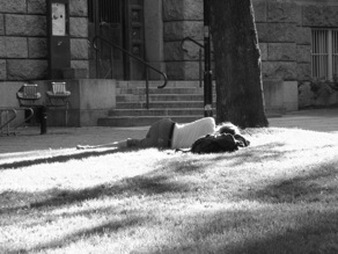

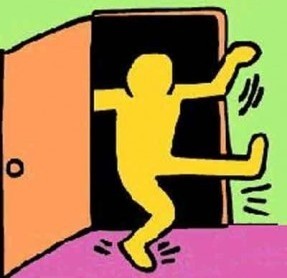

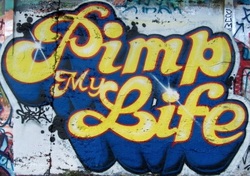
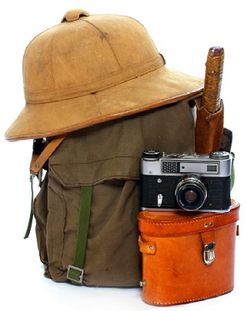
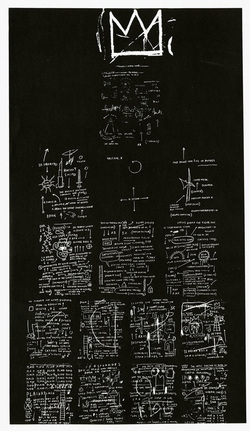
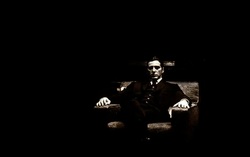

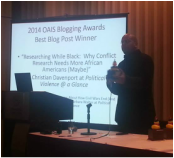
 RSS Feed
RSS Feed
